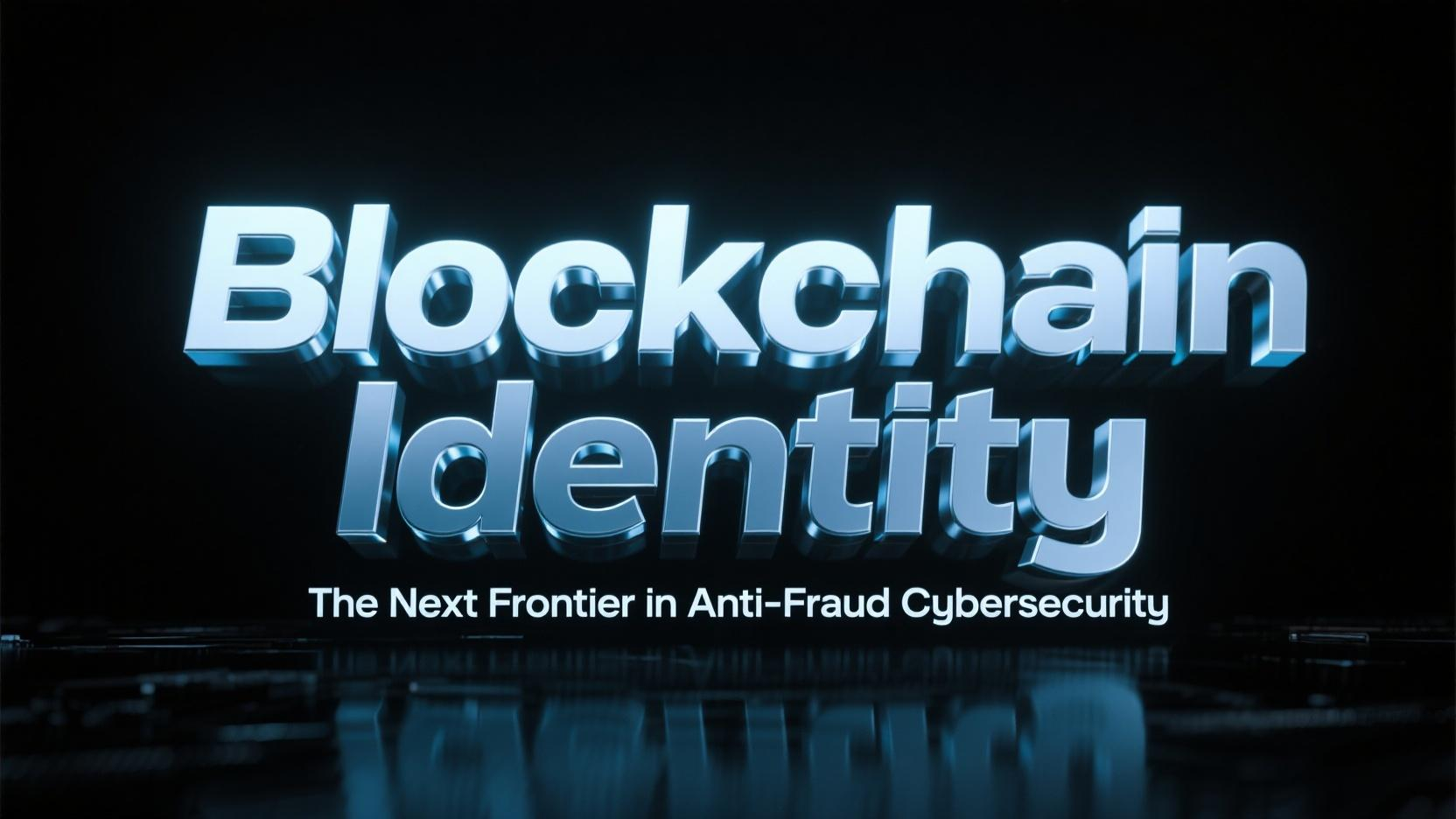From Passwords to Proof-of-Presence: Reinventing Trust in a Digital Economy
As cyberattacks become more sophisticated, the economic cost of digital fraud is skyrocketing. From phishing scams to deepfake-powered impersonations, attackers are increasingly targeting the weakest link in any system: identity.
Now, blockchain-based identity frameworks are emerging as a powerful tool in the fight against fraud — combining cryptographic proof with decentralized control.

The Problem: Legacy Identity Is Broken
Traditional digital identity relies on:
Centralized databases (vulnerable to breaches)
Username/password pairs (easy to steal)
Email/SMS verification (easily spoofed)
This approach fails in a world of borderless apps, AI-generated content, and instant financial transfers.
The Solution: Verifiable Credentials on Chain
Blockchain enables users to hold self-sovereign identities (SSI) — meaning:
They own and control their credentials (not Facebook or Google)
Credentials are issued by verified sources (like governments, banks)
Anyone can verify them cryptographically, without needing to trust a central authority
These credentials can include:
KYC attestations
Employment history
Proof of attendance or location (using zk-proofs for privacy)
Real-World Use Case: Crypto Exchange Login
A leading European crypto exchange now uses blockchain-based ID tokens for login:
No passwords — only wallet-based authentication
Users verify their identity once with a licensed provider
All future logins are handled via zero-knowledge proofs, keeping personal data off-chain
Since implementation, phishing incidents dropped by 87%.
“We don’t verify users — we verify claims they can cryptographically prove,” says the CTO.
What’s Next
Governments in Estonia, Singapore, and the UAE are piloting blockchain ID systems that could link:

Tax records
Voting access
Digital payments
Combined with AI anomaly detection, blockchain identity could become the immune system of the crypto-economy.
Key Takeaway
Digital fraud is not just a technical problem — it’s an identity problem. Blockchain identity offers a way to prove trust without revealing secrets, and may soon become the foundation for safe digital commerce.
